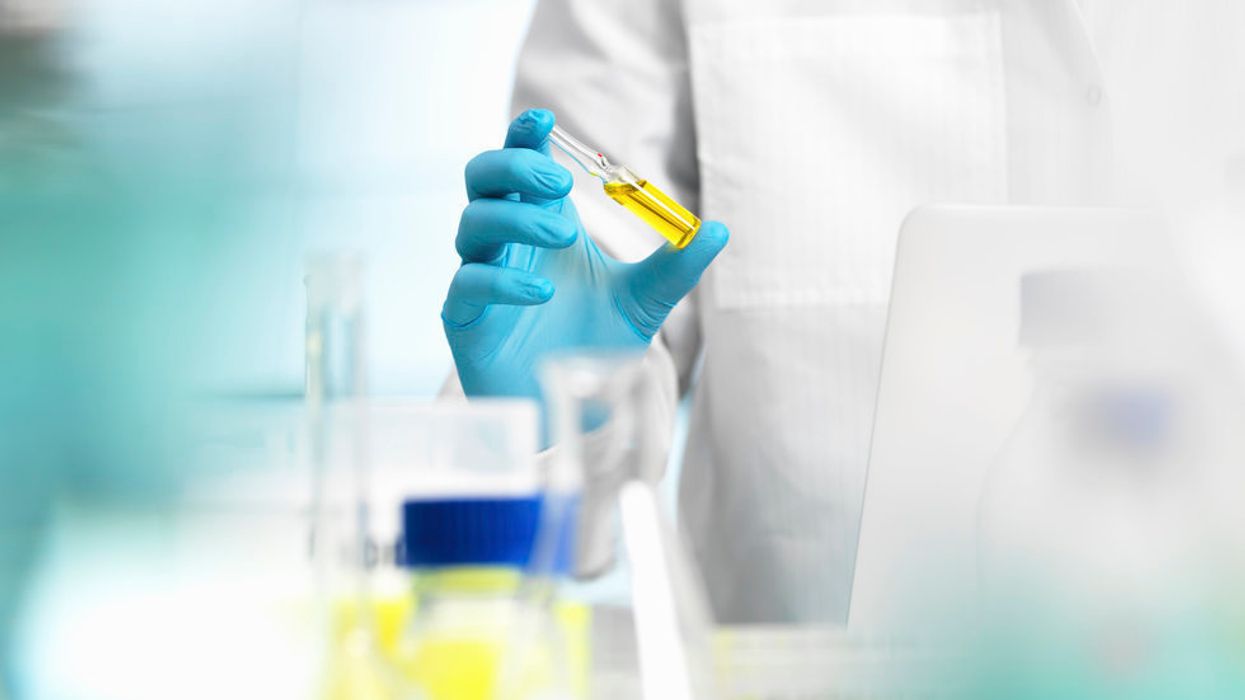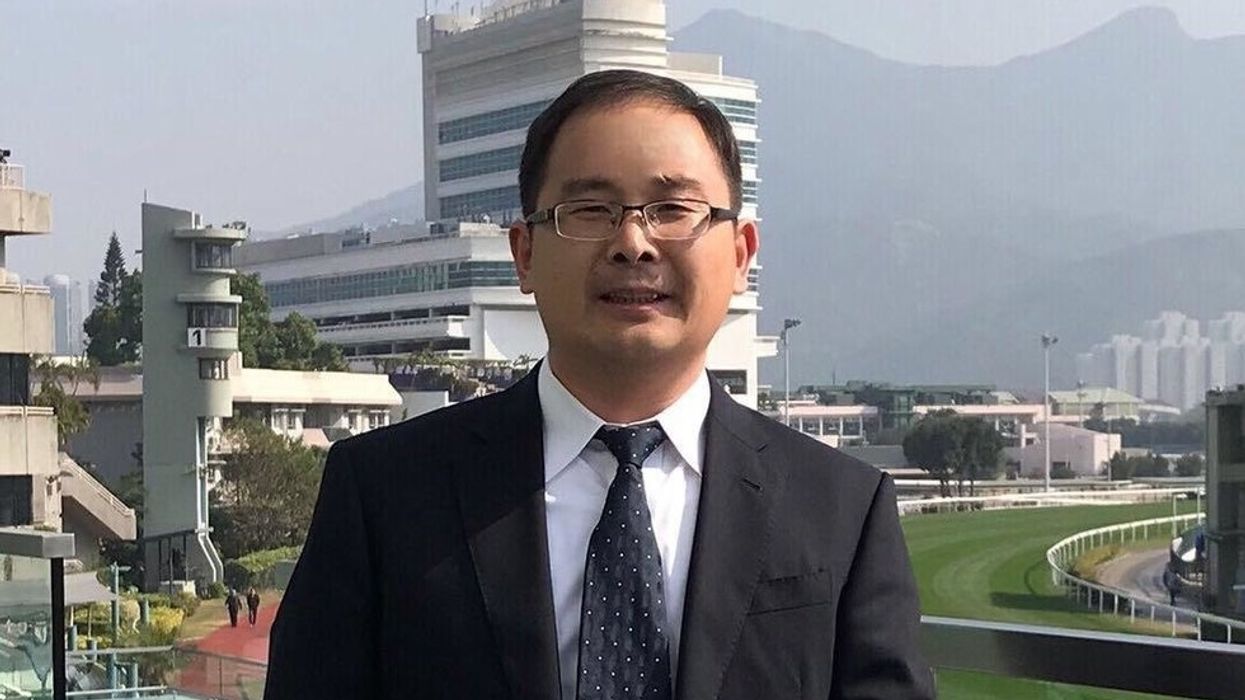Houston initiative receives $4M grant to promote biomedical entrepreneurship
fresh funding
The National Institute of Health has awarded a $4 million grant to a Houston-area initiative in the name of sparking biomedical activity.
The grant will create a new Research Evaluation and Commercialization Hub, known as REACH, in Houston. The team behind the Gulf Coast Consortium — one of the world’s largest inter-institutional cooperatives, which includes eight of Houston’s medical research leading lights — has been hard at work to bring REACH-GCC to fruition.
The result? A multidisciplinary means of promoting biomedical entrepreneurship, bringing innovators from concept to commercialization.
“I can tell you that a lot of those potential users came out of our research consortium. Those users span from a focus on mental health to antibiotic resistance to regenerative medicine to pain management to, of course, cancer,” says Suzanne Tomlinson of Rice University.
Tomlinson is the director of GCC research programs and worked with Stan Watowich of The University of Texas Medical Branch to create the grant. Peter Davies helped to submit it through Texas A&M University.
One of the dozen research and educational programs that Tomlinson directs is the Innovative Drug Discovery and Development Consortium.
“Within that, we have established a wide network of drug to drug discovery and development cores,” she says.
The vast majority of those are funded by CPRIT (Cancer Prevention and Research Institute of Texas), and Tomlinson and Watowich (the chair of IDDD’s steering committee) were lead developers and authors of the grant to create TMCi’s Accelerator for Cancer Therapeutics (ACT). That accelerator is a model for what GCC-REACH may do for taking other innovations from discovery to market.
“We get close to a billion dollars in research monies a year coming into the Medical Center. The question is, ‘Are we seeing a lot of those dollars resulting in products that benefit patients?’ And the answer always is, ‘We can do better,’” says Watowich.
How will GCC-REACH help to do that? By combining the forces of all eight full members of the GCC, plus outside help when it’s needed. Watowich sets for the example of a budding entrepreneur at his home institution, UTMB. That researcher could potentially receive guidance from an MD Anderson expert in immunotherapies or a Rice scientist who focuses on nanotechnology delivery systems.
“This grant is designed to put together a bespoke team of whatever is needed to have a discussion with and figure out what's the market for this technology. How might it get there?’” says Watowich.
Those options could include setting up a startup company, but could also mean licensing the idea to someone else, whether it’s a company or an institution.
“Our goal is, we help each other. We help ourselves. We help the patient population. And we do that through working together,” he continues.
Though it sounds like GCC-REACH could be a competitor to other accelerators, Watowich doesn’t see it that way. He sees the new hub as working with very early-stage creators who may still take part in those existing accelerators in the future. And the team hopes to do so quickly. The goal is to launch this month. Watowich says that the plan is to use the NIH’s $4 million to launch around 60 early stage biomedical companies over the next four years.
A variety of nascent founders — regardless of their type of innovative solution — will take part in the initiative.
“It can be a device, it could be an AI, it could be an app, it could be digital health, it could be therapeutics,” says Watowich. “We have experts across all of these areas that could help provide guidance and mentoring to try to move those companies forward.”





 Houston-based Ridgeline Therapeutics isn't going to allow you beat aging, but someday it may well help you to live without muscle loss or diabetes. Getty Images
Houston-based Ridgeline Therapeutics isn't going to allow you beat aging, but someday it may well help you to live without muscle loss or diabetes. Getty Images


